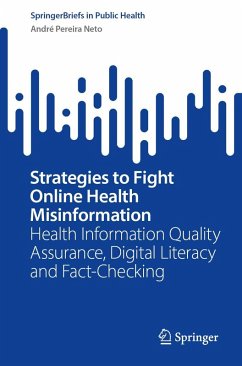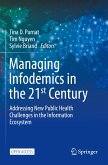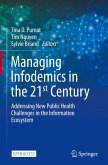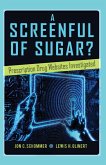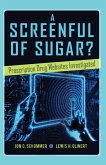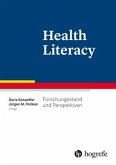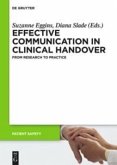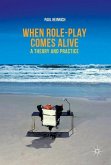This book offers a brief introduction to the three main tools available to fight online health misinformation: health information quality assurance, digital literacy and fact-checking. These are the resources public institutions and civil society can use to deal with the current health infodemic.
We are immersed in a huge flow of information that is multiplying rapidly worldwide in a short period of time on different topics. Health is one of the areas in which there is an increasing amount of information available and shared on digital media for a growing number of interested parties. If the information is reliable, up-to-date, scientifically sound and understandable, it can play a fundamental role in self-care practices, in reducing service costs, in disease prevention and in health promotion. On the other hand, if the information is incomprehensible, outdated, incomplete or incorrect, it can interfere with well-being, induce harm to individuals and to the society, and, in extreme situations, promote disease and facilitate death. Many health professionals and health services users and managers are unaware of the existing strategies to address this problem, so this book intends to help them.
Strategies to Fight Online Health Misinformation: Health Information Quality Assurance, Digital Literacy and Fact-Checking will serve as a quick guide for health professionals and health services users and managers to the tools available to combat online health misinformation and how they work. Institutions must provide health information quality assurance with reliable sources and scientifically updated information written in simple language. The development of educational practices focused on the critical and creative use of information and communication technologies promote digital literacy. And journalists and public and private communications companies have developed fact-checking strategies to verify whether the information disclosed was obtained through reliable sources and assess whether it is true or false.
We are immersed in a huge flow of information that is multiplying rapidly worldwide in a short period of time on different topics. Health is one of the areas in which there is an increasing amount of information available and shared on digital media for a growing number of interested parties. If the information is reliable, up-to-date, scientifically sound and understandable, it can play a fundamental role in self-care practices, in reducing service costs, in disease prevention and in health promotion. On the other hand, if the information is incomprehensible, outdated, incomplete or incorrect, it can interfere with well-being, induce harm to individuals and to the society, and, in extreme situations, promote disease and facilitate death. Many health professionals and health services users and managers are unaware of the existing strategies to address this problem, so this book intends to help them.
Strategies to Fight Online Health Misinformation: Health Information Quality Assurance, Digital Literacy and Fact-Checking will serve as a quick guide for health professionals and health services users and managers to the tools available to combat online health misinformation and how they work. Institutions must provide health information quality assurance with reliable sources and scientifically updated information written in simple language. The development of educational practices focused on the critical and creative use of information and communication technologies promote digital literacy. And journalists and public and private communications companies have developed fact-checking strategies to verify whether the information disclosed was obtained through reliable sources and assess whether it is true or false.

